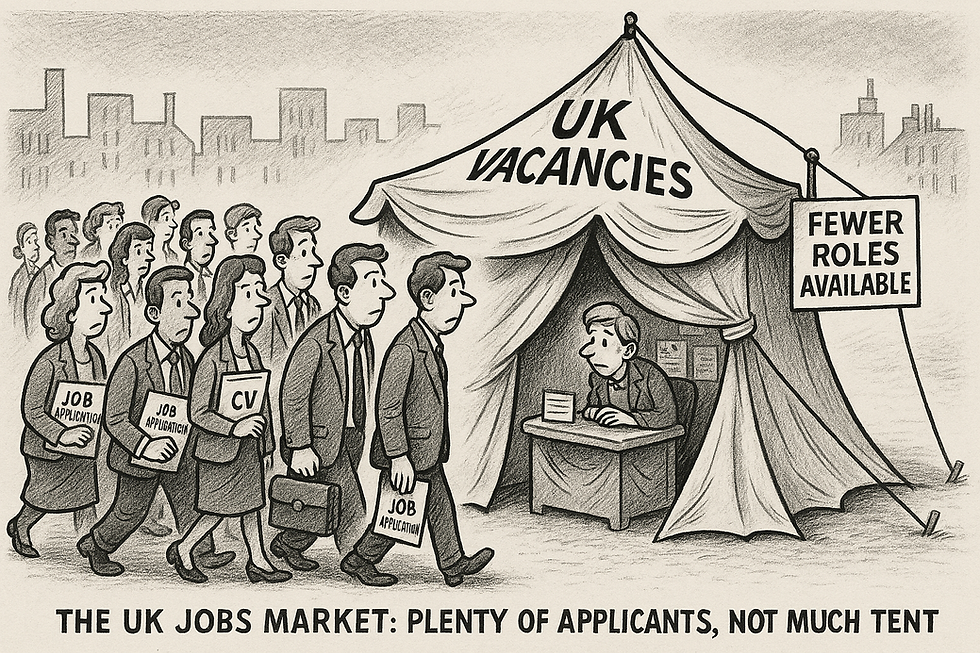New Tipping Rules in the UK: What You Need to Know
- LiveWebChat
- Sep 30, 2024
- 3 min read

Starting October 1, 2024, the UK is implementing new tipping regulations that will significantly impact the hospitality, leisure, and service sectors. These changes are designed to ensure that tips go directly to the workers who earn them, enhancing transparency and fairness in tip distribution.
Key Changes in the New Tipping Legislation
Mandatory Tip Allocation: Employers are now legally required to allocate tips to workers in a fair and transparent manner. This means that all tips, whether given in cash or via card payments, must be distributed among staff without any deductions by the employer.
Timely Payment: Tips must be paid to workers within one month of the end of the month in which they were received. This ensures that employees receive their tips promptly, providing a more immediate financial benefit.
Written Policy Requirement: Businesses must have a written policy on how tips are allocated. This policy must be accessible to all workers, ensuring transparency and allowing employees to understand how their tips are being distributed.
Prohibition of Tip Withholding: It is now illegal for employers to withhold tips from staff. This move is expected to benefit around 2 million workers across 190,000 businesses in the UK, including restaurants, pubs, cafes, hair salons, and taxi services.
Impact on Businesses and Employees
The new tipping rules are a significant step towards improving workers’ rights in the UK. For employees, this means greater financial security and fairness. Tips can constitute a substantial part of income for many workers in the hospitality and service industries. By ensuring that tips are distributed fairly and promptly, the new legislation aims to provide a more reliable source of income for these workers.
For businesses, the new rules may require adjustments in how they handle tips. Some businesses might need to update their payment systems to ensure compliance with the new regulations. Additionally, the requirement for a written policy on tip allocation means that businesses will need to clearly define and communicate their tipping practices to their staff.
Potential Challenges
While the new tipping rules are designed to benefit workers, there may be some challenges in their implementation. Businesses will need to ensure that their systems and processes are updated to comply with the new regulations. This could involve additional administrative work and potential costs associated with updating payment systems and training staff on the new policies.
Moreover, there is a possibility that some businesses might increase their prices to offset the costs associated with the new tipping rules. This could lead to higher prices for consumers, although the overall impact on pricing remains to be seen.
Conclusion
The new tipping rules in the UK represent a significant shift towards greater fairness and transparency in the distribution of tips. By ensuring that tips go directly to the workers who earn them, the legislation aims to provide a more equitable and reliable source of income for employees in the hospitality, leisure, and service sectors. While businesses may face some challenges in implementing these changes, the overall goal is to create a fairer system that benefits both workers and consumers.
As these new rules come into effect, it will be important for both businesses and employees to stay informed and adapt to the changes. With proper implementation and compliance, the new tipping regulations have the potential to significantly improve the working conditions and financial security of millions of workers across the UK.
Here at Live Web Chat, we believe in excellent customer service via your website. We support many small and medium businesses, saving them time and money by providing real trained staff to answer chats directly on their websites on their behalf. What’s even better, is that we can offer businesses the flexibility they need in an ever changing market.
Contact us today to find out more about how Live Web Chat can help you convert website visitors into paying clients. You can find out more about what we offer on our website, or by calling us on 01273 741113.



